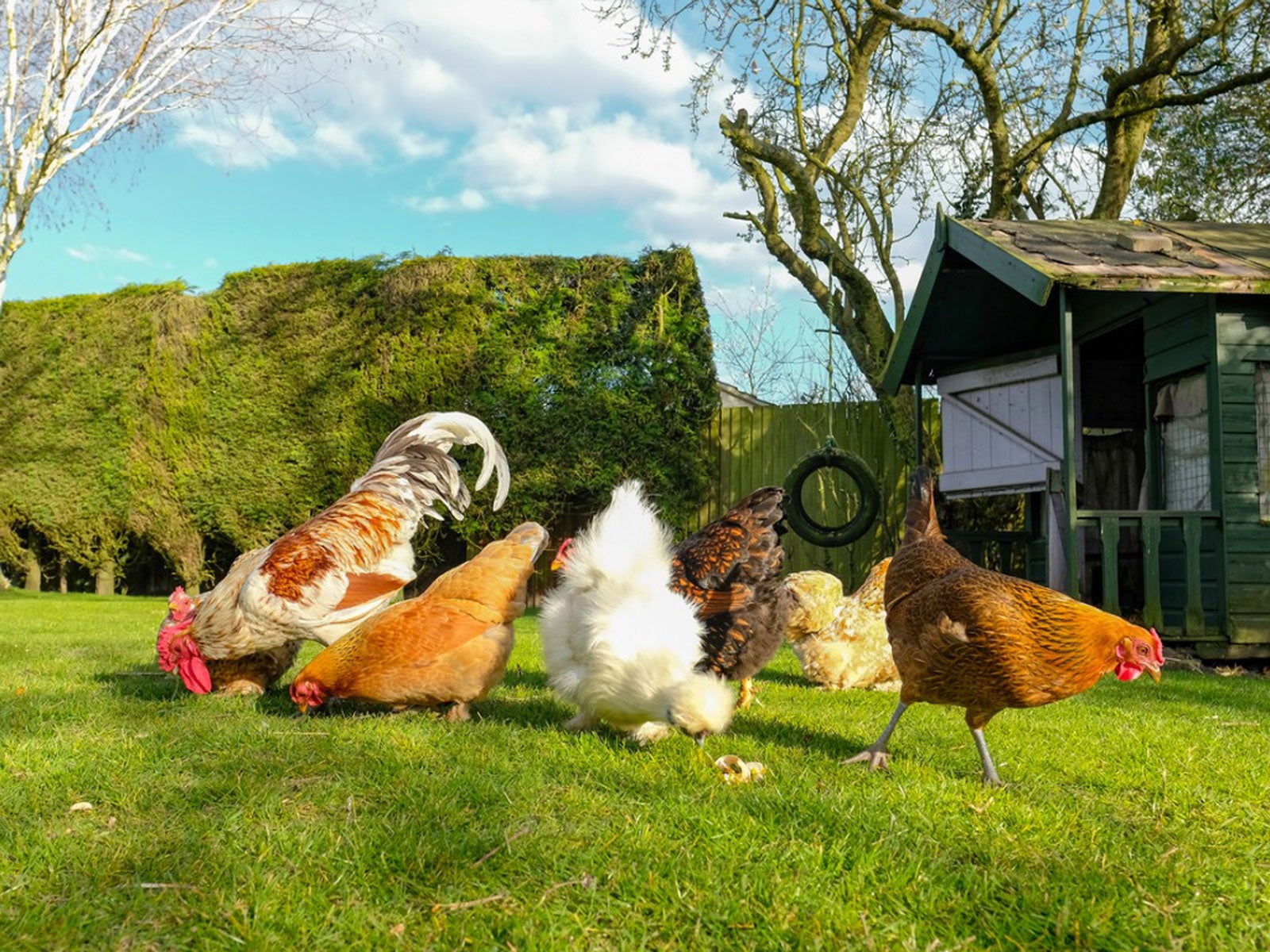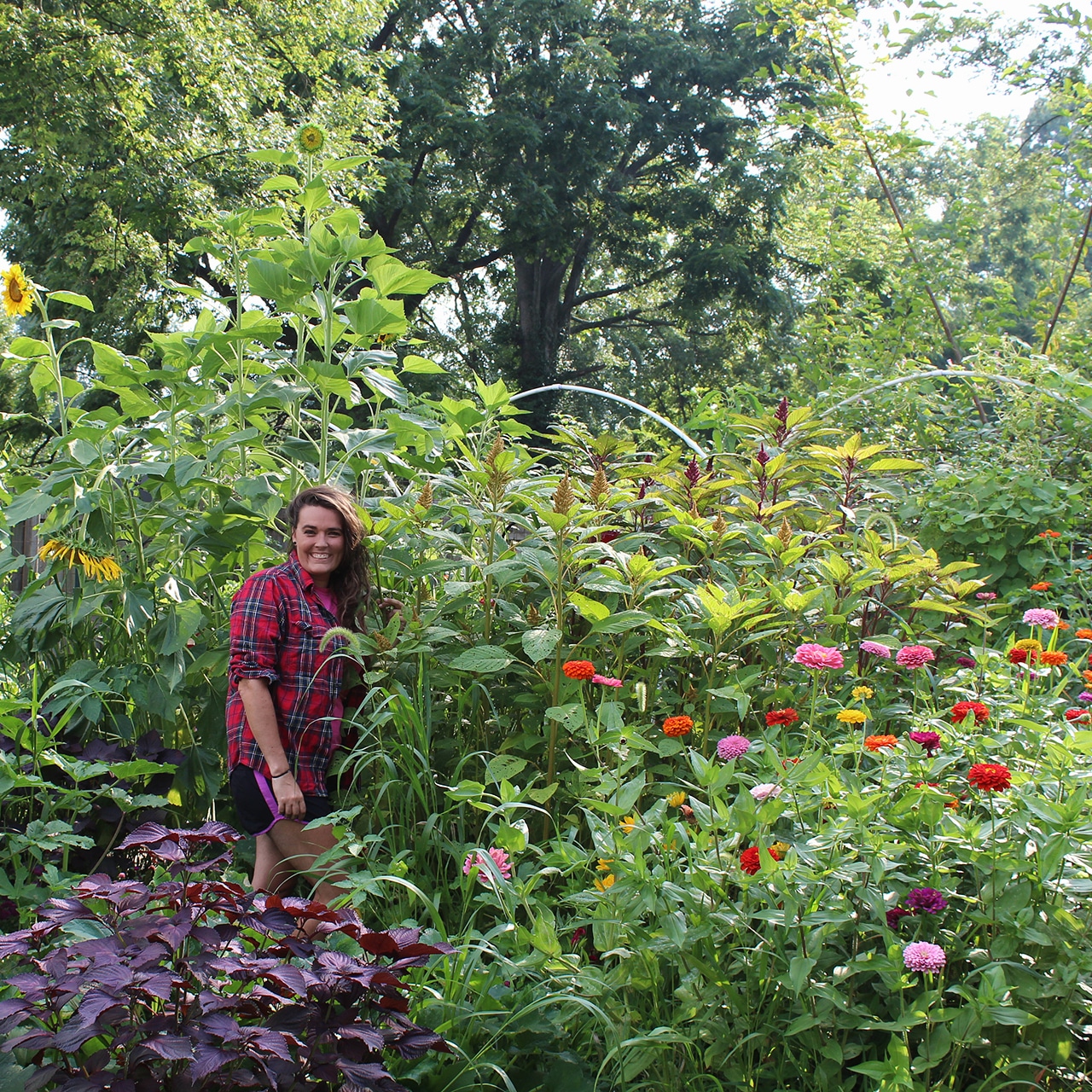Homesteading For Beginners – Learn About Starting A Homestead


Whatever your reason may be, interest in starting a homestead can lead to vast changes in how you grow food, care for animals, and even interact with the environment. Gaining a better understanding of how to start homesteading will help beginner homesteaders as they progress towards their own self-sufficiency goals.
Taking small steps towards these goals will ensure that new homesteaders are able to begin the process of building their own sustainable space safely and efficiently, without becoming overwhelmed.
How to Start Homesteading
Learning how to start homesteading sounds wonderful. However, it will actually involve hours upon hours of hard work and effort. For many, starting a homestead means the production of their own food as well as activities like preserving the harvest and rearing animals. Among the most common goals of beginner homesteaders is to reduce their reliance on grocery stores and become more self-sufficient.
Homesteading for beginners will look different to each person. While starting a homestead is an interest more traditionally associated with those who own large farms or several acres of land, even urban dwellers are able to take steps towards becoming homesteaders. To begin the process, those starting a homestead will need to set smaller, more achievable goals according to priority.
Beginner homesteaders most frequently start their journey by learning to grow their own fruits and vegetables. Successfully growing one’s own food will play a vital role in learning to eliminate the need to visit the grocery store.
While some may be limited by space, most quickly find that even container gardens and plantings in small spaces are able to produce abundant harvests of fresh produce. Further incorporation of fruit trees and vines allow for those new to homesteading to harvest throughout the entire growing season.
Homesteading for beginners often includes raising animals. While those with prior farm experience may be able to start raising animals immediately, others may prefer to start small. Bees, chickens, ducks, and rabbits are all common examples of animals which can be raised by beginner homesteaders, even in smaller backyards. Before doing so, check local laws and restrictions, as many cities have banned these practices within their limits.
Gardening tips, videos, info and more delivered right to your inbox!
Sign up for the Gardening Know How newsletter today and receive a free copy of our e-book "How to Grow Delicious Tomatoes".
Beyond the focus of production, other tasks bring attention to reducing the impact that one has on his/her own surroundings. Cutting back on the use of electric appliances is just one example of this. As success continues on the homestead, many may even choose the installation of solar panels and off-grid water systems.

Tonya Barnett has been gardening for 13 years. Flowers are her passion. She has transformed her backyard into a cut flower garden, which she regularly chronicles on her YouTube channel http://www.youtube.com/@tonyawiththeflowers.